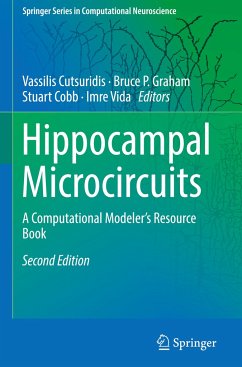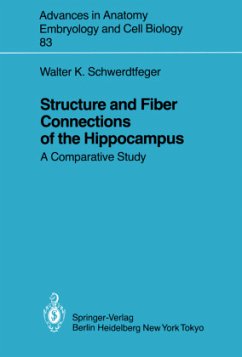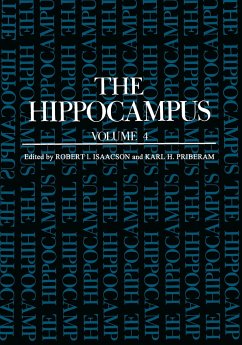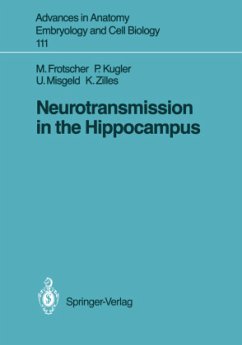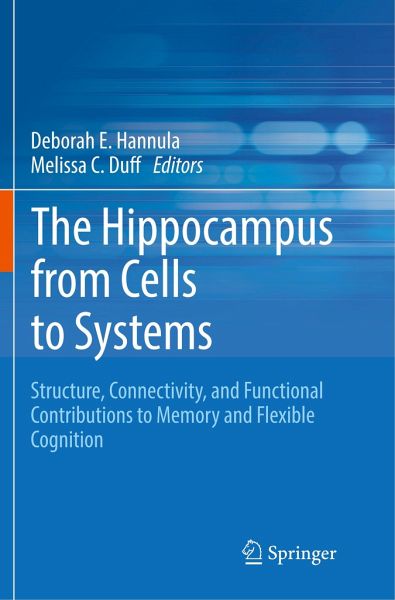
The Hippocampus from Cells to Systems
Structure, Connectivity, and Functional Contributions to Memory and Flexible Cognition
Herausgegeben: Hannula, Deborah E.; Duff, Melissa C.
Versandkostenfrei!
Versandfertig in 6-10 Tagen
211,99 €
inkl. MwSt.

PAYBACK Punkte
106 °P sammeln!
The hippocampus has long been considered a critical substrate in the neurobiology, neuropsychology, and cognitive neuroscience of memory. Over the past few decades, a number of ground-breaking theoretical and methodological advances have radically enhanced our understanding of the structure and function of the hippocampus and revolutionized the neuroscientific study of memory. Cutting across disciplines and approaches, these advances offer novel insights into the molecular and cellular structure and physiology of the hippocampus, the role of hippocampus in the formation, (re)consolidation, enh...
The hippocampus has long been considered a critical substrate in the neurobiology, neuropsychology, and cognitive neuroscience of memory. Over the past few decades, a number of ground-breaking theoretical and methodological advances have radically enhanced our understanding of the structure and function of the hippocampus and revolutionized the neuroscientific study of memory. Cutting across disciplines and approaches, these advances offer novel insights into the molecular and cellular structure and physiology of the hippocampus, the role of hippocampus in the formation, (re)consolidation, enhancement, and retrieval of memory across time and development, and permit investigators to address questions about how the hippocampus interacts, functionally and anatomically, with other neural systems in service of memory. In addition, recent investigations also suggest that the mechanistic properties and functional processing features of the hippocampus permit broader contributions tocognition, beyond memory, to the domains of attention, decision-making, language, social cognition, and a variety of other capacities that are critical for flexible cognition and behavior. These advances have profound implications for the neurobiology and cognitive neuroscience of hippocampus dependent cognition and for the numerous psychiatric and neurological diseases and disorders for which hippocampal pathology is a hallmark such as Alzheimer's disease and schizophrenia.
The goal of this book is to bring together in a single source an integrated review of these advances providing state of the art treatment on the structure and function of the hippocampus. Contributors will examine the hippocampus from a variety of levels (from cells to systems) using a wide range of methods (from neurobiological approaches in non-human animals to neuroimaging and neuropsychological work in humans).
The goal of this book is to bring together in a single source an integrated review of these advances providing state of the art treatment on the structure and function of the hippocampus. Contributors will examine the hippocampus from a variety of levels (from cells to systems) using a wide range of methods (from neurobiological approaches in non-human animals to neuroimaging and neuropsychological work in humans).







